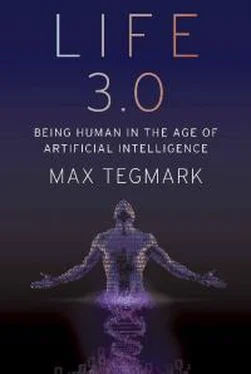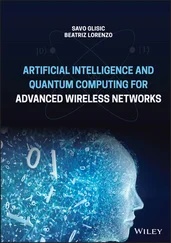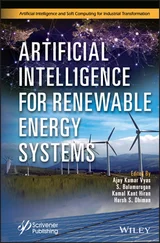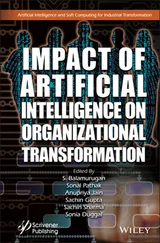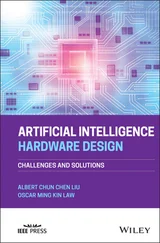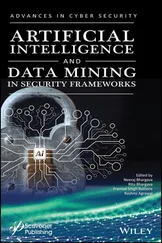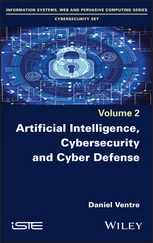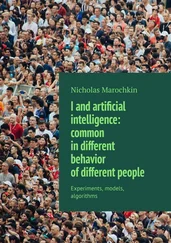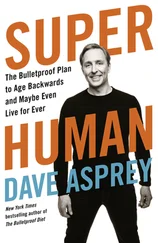If we succeed in this endeavor, then how will we humans feel about coexisting with ever smarter machines? Does the seemingly inexorable rise of artificial intelligence bother you and if so, why? In chapter 3, we saw how it should be relatively easy for AI-powered technology to satisfy our basic needs such as security and income as long as the political will to do so exists. However, perhaps you’re concerned that being well fed, clad, housed and entertained isn’t enough. If we’re guaranteed that AI will take care of all our practical needs and desires, might we nonetheless end up feeling that we lack meaning and purpose in our lives, like well-kept zoo animals?
Traditionally, we humans have often founded our self-worth on the idea of human exceptionalism: the conviction that we’re the smartest entities on the planet and therefore unique and superior. The rise of AI will force us to abandon this and become more humble. But perhaps that’s something we should do anyway: after all, clinging to hubristic notions of superiority over others (individuals, ethnic groups, species and so on) has caused awful problems in the past, and may be an idea ready for retirement. Indeed, human exceptionalism hasn’t only caused grief in the past, but it also appears unnecessary for human flourishing: if we discover a peaceful extraterrestrial civilization far more advanced than us in science, art and everything else we care about, this presumably wouldn’t prevent people from continuing to experience meaning and purpose in their lives. We could retain our families, friends and broader communities, and all activities that give us meaning and purpose, hopefully having lost nothing but arrogance.
As we plan our future, let’s consider the meaning not only of our own lives, but also of our Universe itself. Here two of my favorite physicists, Steven Weinberg and Freeman Dyson, represent diametrically opposite views. Weinberg, who won the Nobel Prize for foundational work on the standard model of particle physics, famously said, “The more the universe seems comprehensible, the more it also seems pointless.”35 Dyson, on the other hand, is much more optimistic, as we saw in chapter 6: although he agrees that our Universe was pointless, he believes that life is now filling it with ever more meaning, with the best yet to come if life succeeds in spreading throughout the cosmos. He ended his seminal 1979 paper thus: “Is Weinberg’s universe or mine closer to the truth? One day, before long, we shall know.”36 If our Universe goes back to being permanently unconscious because we drive Earth life extinct or because we let unconscious zombie AI take over our Universe, then Weinberg will be vindicated in spades.
From this perspective, we see that although we’ve focused on the future of intelligence in this book, the future of consciousness is even more important, since that’s what enables meaning. Philosophers like to go Latin on this distinction, by contrasting sapience (the ability to think intelligently) with sentience (the ability to subjectively experience qualia). We humans have built our identity on being Homo sapiens, the smartest entities around. As we prepare to be humbled by ever smarter machines, I suggest that we rebrand ourselves as Homo sentiens !
THE BOTTOM LINE:
• There’s no undisputed definition of “consciousness.” I use the broad and non-anthropocentric definition consciousness = subjective experience.
• Whether AIs are conscious in that sense is what matters for the thorniest ethical and philosophical problems posed by the rise of AI: Can AIs suffer? Should they have rights? Is uploading a subjective suicide? Could a future cosmos teeming with AIs be the ultimate zombie apocalypse?
• The problem of understanding intelligence shouldn’t be conflated with three separate problems of consciousness: the “pretty hard problem” of predicting which physical systems are conscious, the “even harder problem” of predicting qualia, and the “ really hard problem” of why anything at all is conscious.
• The “pretty hard problem” of consciousness is scientific, since a theory that predicts which of your brain processes are conscious is experimentally testable and falsifiable, while it’s currently unclear how science could fully resolve the two harder problems.
• Neuroscience experiments suggest that many behaviors and brain regions are unconscious, with much of our conscious experience representing an after-the-fact summary of vastly larger amounts of unconscious information.
• Generalizing consciousness predictions from brains to machines requires a theory. Consciousness appears to require not a particular kind of particle or field, but a particular kind of information processing that’s fairly autonomous and integrated, so that the whole system is rather autonomous but its parts aren’t.
• Consciousness might feel so non-physical because it’s doubly substrate-independent: if consciousness is the way information feels when being processed in certain complex ways, then it’s merely the structure of the information processing that matters, not the structure of the matter doing the information processing.
• If artificial consciousness is possible, then the space of possible AI experiences is likely to be huge compared to what we humans can experience, spanning a vast spectrum of qualia and timescales—all sharing a feeling of having free will.
• Since there can be no meaning without consciousness, it’s not our Universe giving meaning to conscious beings, but conscious beings giving meaning to our Universe.
• This suggests that as we humans prepare to be humbled by ever smarter machines, we take comfort mainly in being Homo sentiens, not Homo sapiens.
*1 An alternative viewpoint is substance dualism —that living entities differ from inanimate ones because they contain some non-physical substance such as an “anima,” “élan vital” or “soul.” Support for substance dualism among scientists has gradually dwindled. To understand why, consider that your body is made of about 10 29quarks and electrons, which, as far as we can tell, move according to simple physical laws. Imagine a future technology able to track all your particles: if they were found to obey the laws of physics exactly, then your purported soul is having no effect on your particles, so your conscious mind and its ability to control your movements would have nothing to do with a soul. If your particles were instead found not to obey the known laws of physics because they were being pushed around by your soul, then the new entity causing these forces would by definition be a physical one that we can study just like we’ve studied new fields and new particles in the past.
*2 I use the word “qualia” according to the dictionary definition, to mean individual instances of subjective experience—that is, to mean the subjective experience itself, not any purported substance causing the experience. Beware that some people use the word differently.
*3 I’d originally called the RHP the “very hard problem,” but after I showed this chapter to David Chalmers, he emailed me the clever suggestion of switching to the “really hard problem,” to match what he really meant: “since the first two problems (at least put this way) aren’t really part of the hard problem as I conceived of it whereas the third problem is, you could perhaps use ‘really hard’ instead of ‘very hard’ for the third one to match my usage.”
*4 If our physical reality is entirely mathematical (information-based, loosely speaking), as I explored in my book Our Mathematical Universe, then no aspect of reality—not even consciousness—lies beyond the purview of science. Indeed, the really hard problem of consciousness is, from that perspective, the exact same problem as that of understanding how something mathematical can feel physical: if part of a mathematical structure is conscious, then it will experience the rest as its external physical world.
Читать дальше
